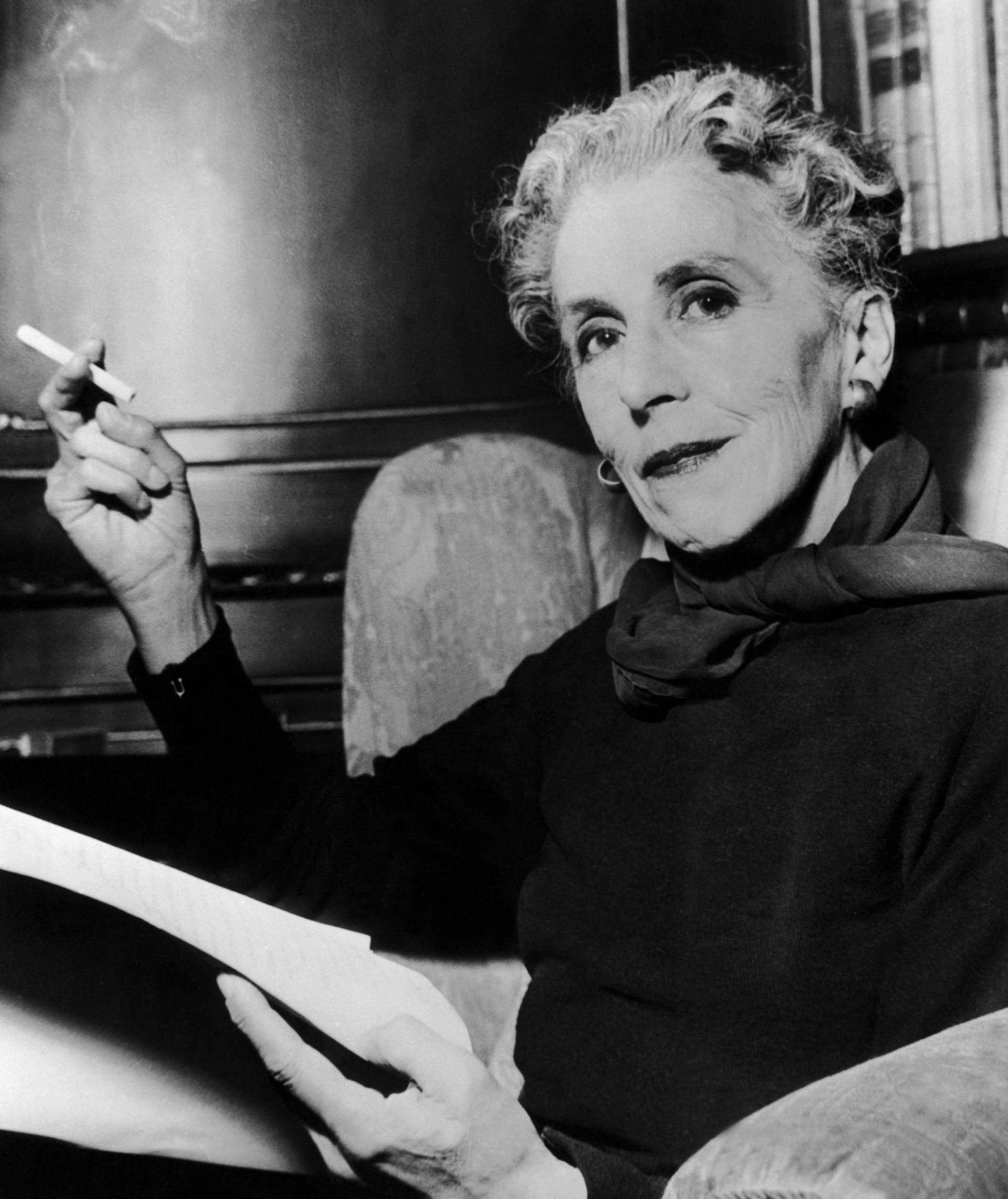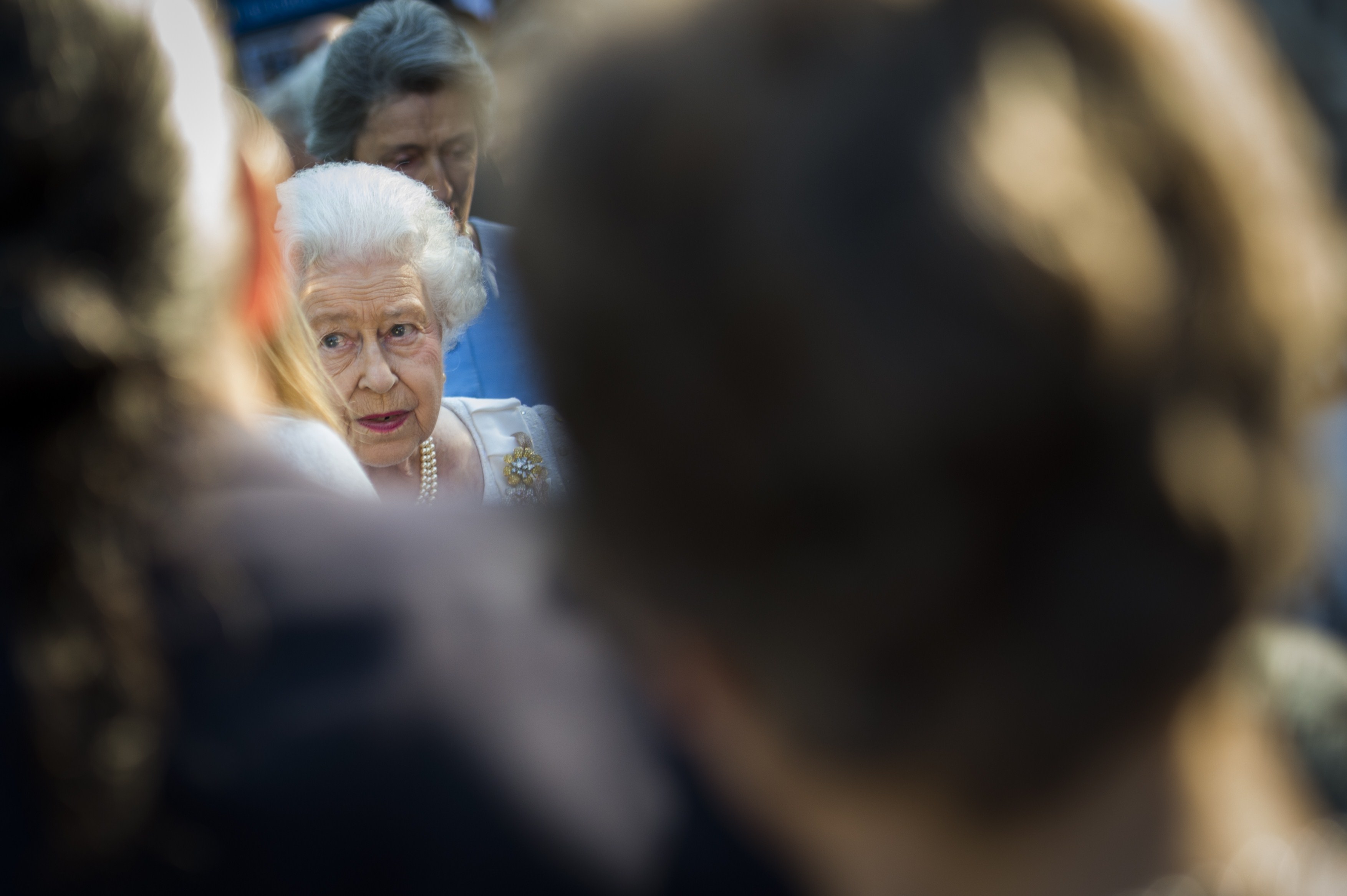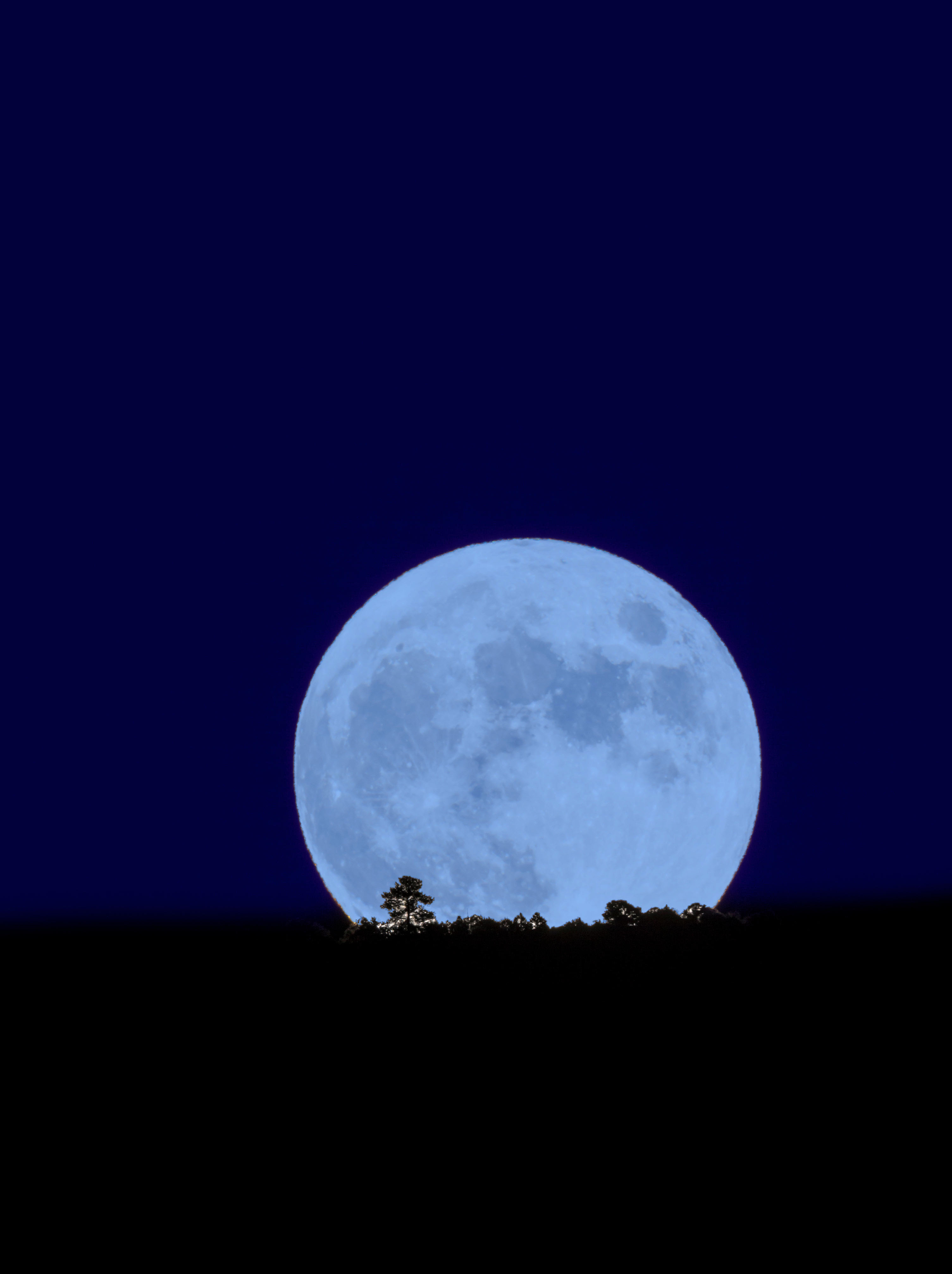'From the first page until the last, I was in another country, another world... It was like falling in love'
'There is beauty and there is poverty, order and corruption' — Carla Carlisle on Karen Blixen and Kenya.


Exquisite houses, the beauty of Nature, and how to get the most from your life, straight to your inbox.
You are now subscribed
Your newsletter sign-up was successful
Readers of Out of Africa never forget the haunting first line: ‘I had a farm in Africa, at the foot of the Ngong Hills.’ It’s that small past-tense verb ‘had’. My grandparents lost their farm in the Mississippi Delta in 1931, the same year Isak Dinesen lost her farm in Kenya, but I never heard the words ‘We had a farm in the Delta’. No unforgettable words are tattooed on my heart.
Dinesen then describes the landscape of her farm: ‘The views were immensely wide. Everything that you saw made for greatness and freedom and unequalled nobility.’ Views across the cotton fields in the Delta are also immensely wide, but ‘greatness’, ‘freedom’ or ‘nobility’ were not in our agrarian vocabulary. From the first page until the last, I knew I was in another country, another world. Reading the book was like falling in love.
I didn’t come to Out of Africa by chance. It was required reading in a history class my first semester at university. The title of that course was ‘The Legacy of Colonialism’ and my ignorance was as vast as the Ngong Hills. I’d barely heard of Kenya, was unaware the country had achieved independence two years earlier in 1963. Years would pass before I knew that Isak Dinesen was the nom de plume of Karen Blixen —called Tanne by her family, Tania by her friends, and that she died in 1962, the year before Kenya’s independence. My copy of her book was published in 1952. I was amazed to learn that it first appeared in 1937.
"All sorrows in life are bearable if you can tell a story about them"
Yet, somehow, the book and its writer stayed with me. I kept it during all my wandering years. I think that I recognised something that the Danish writer had in common with Southerners: all sorrows in life are bearable if you can tell a story about them.
It almost felt like a story when I came as a bride to a farm in Suffolk and discovered that my nearest neighbour was a Dane. Jorn Langberg became my closest Suffolk friend and his house was filled with what I called ‘Blixiana’: prints of her paintings (she had studied painting and intended to be an artist), the same Royal Copenhagen porcelain that was shipped out to Kenya and, 17 years later, shipped back to Denmark; the leather-bound volumes of all her books translated into Danish — she wrote in English.
Jorn and I travelled one spring to Denmark. We spent a day at Rungstedlund, the family home she returned to, grief stricken and demoralised, when she left Africa in 1931, her marriage to Baron Blixen long ended, her coffee farm a failure and the great love of her life, Denys Finch Hatton, killed in an air crash.
Jorn knew every detail of her life ‘out of Africa’: ill (her husband gave her the syphilis that would ruin her health), lonely and exiled after the loss of her farm, she returned to the family home to live with her mother and her maiden Aunt Bess, not something a fiercely independent 46-year-old woman would ever want to do.
Exquisite houses, the beauty of Nature, and how to get the most from your life, straight to your inbox.
I knew the rooms from photographs: the orderly Danish comfort, the Masai spears brought back from Africa by her brother Thomas hung on the wall behind her desk. I felt a wave of melancholy, but Jorn brushed away my sadness: ‘Coming back home was the making of her!’ Her lover, the dashing Finch Hatton, English aristocrat, scholar, soldier and fabled hunter, turned Tania into his Scheherazade. He recognised and honed her genius as a storyteller during their evenings by the fire as she told long tales. Jorn believed this enabled her to relearn her life. ‘Without her failures in Africa, her Seven Gothic Tales would never have appeared. The success of the Gothic Tales gave her the courage and stamina to write Out of Africa. Writing gave her life purpose.’
"There is beauty and there is poverty, order and corruption, wild Nature and Nairobi, which now looks like Dubai"
Another friendship brought me even closer to Blixen. I’d known Virginia Graham for years before I learned that she was born in Kenya, that her mother and father were born there, that both sets of grandparents went out to Kenya early in the last century. Her grandfather, Charles Taylor, was a pioneer coffee planter, founder of the Coffee Board and of the Muthaiga Club, doyen of Kenyan growers and adviser to Tania on her plantation. His wife, Kit, Virginia’s grandmother, an eloquent observer, provided a beautiful description of Denys and Tania in Sara Wheeler’s life of Finch Hatton, Too Close to the Sun.
The Taylor and Graham roots in Kenya were deep. Like so many of the English, they rejoiced to live there, but in 1963 they returned to England. Few of the ‘English Kenyans’ ever returned to Africa. Virginia’s mother, Kathini Graham (née Taylor), always dreamt of building a house in the Rift Valley where she was born, but never felt economically secure enough to do it. After she died in 2012, her three children, all born in Kenya, decided to build ‘Kathini’s House’.
I am a reluctant traveller, but, thanks to Virginia’s patience and persistence, last month I walked into the house where Karen Blixen lived at the foot of the Ngong Hills. Now a museum, it looks exactly as it is described in her writing. Two days later, I was in Kathini’s House, a beautiful place in the Rift Valley. In it is the Kenyan library, the fine china, silver and pictures that were shipped to England 40 years ago, and have now returned to Kenya. I sat on the terrace of Kathini’s House, built by her children, and watched a family of zebras gather by the house.
No one can capture this country on a single page. The writer Martha Gellhorn came close when she described Kenya as ‘the paradise of Africa’. There is beauty and there is poverty, order and corruption, wild Nature and Nairobi, which now looks like Dubai. Life for the English who live here is far from the mythic Happy Valley world, and families who continue to farm—roses, cattle, dairies, coffee, tea—struggle to make it work. When describing an experience, Isak Dinesen often wrote the words: ‘I suddenly understood everything.’ All I can say is: I now understand more about the writer and the country she loved. I am grateful.

Carla Carlisle: The day I rescued The Queen
Carla Carlisle's friends and family back in America are convinced she's on personal terms with Her Majesty. She isn't — but

Carla Carlisle: 'What we are witnessing began in 1900BC with Abraham’s journey from Ur to Canaan'
Carla Carlisle shares her perspective on a war that truly feels Biblical.

Carla Carlisle: 'Spending billions to send a man to the Moon seemed a terrible distraction and an insane waste of money'
Carla Carlisle recalls her memories of the moon landings 40 years on.

Carla Carlisle: 'I felt a surge of gratitude and hopefulness that’s hard to describe. You could call it Thanksgiving.'
A visit to St Paul's Cathedral provokes a flood of feelings in Carla Carlisle.
